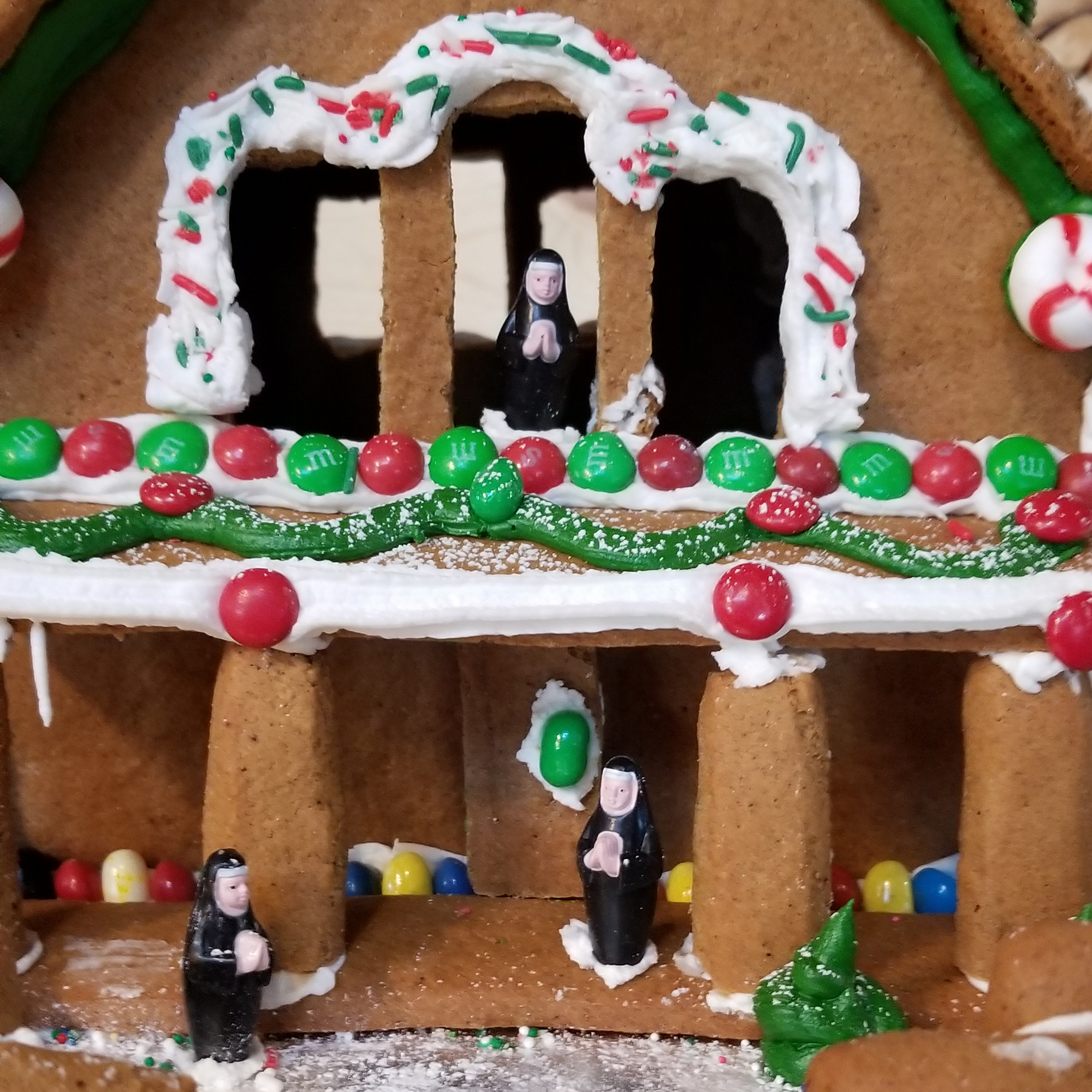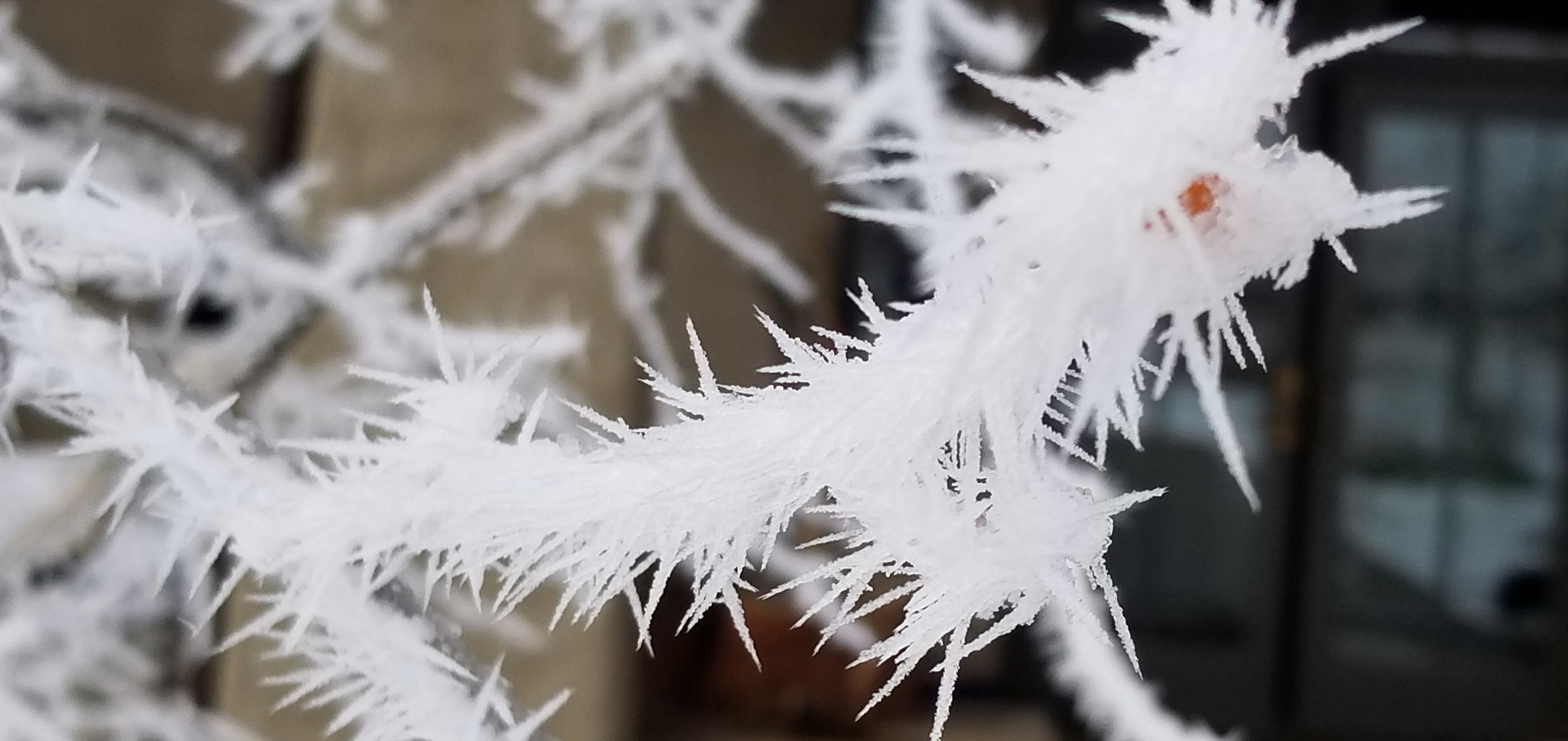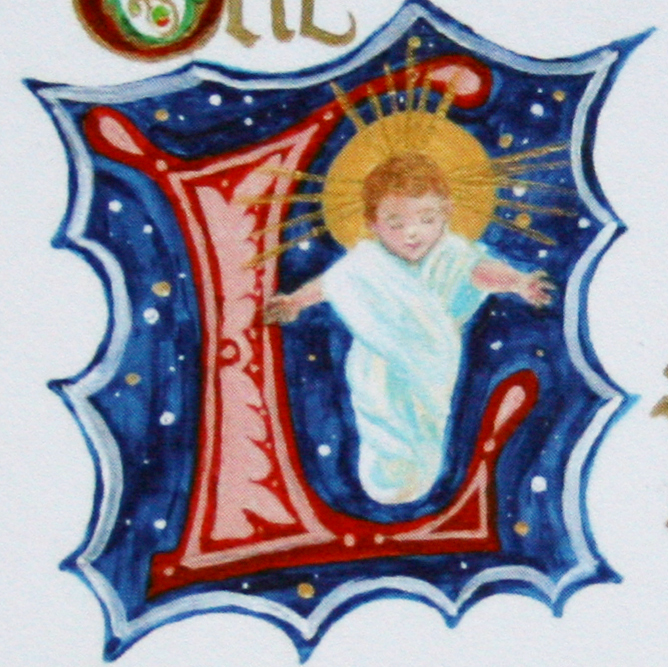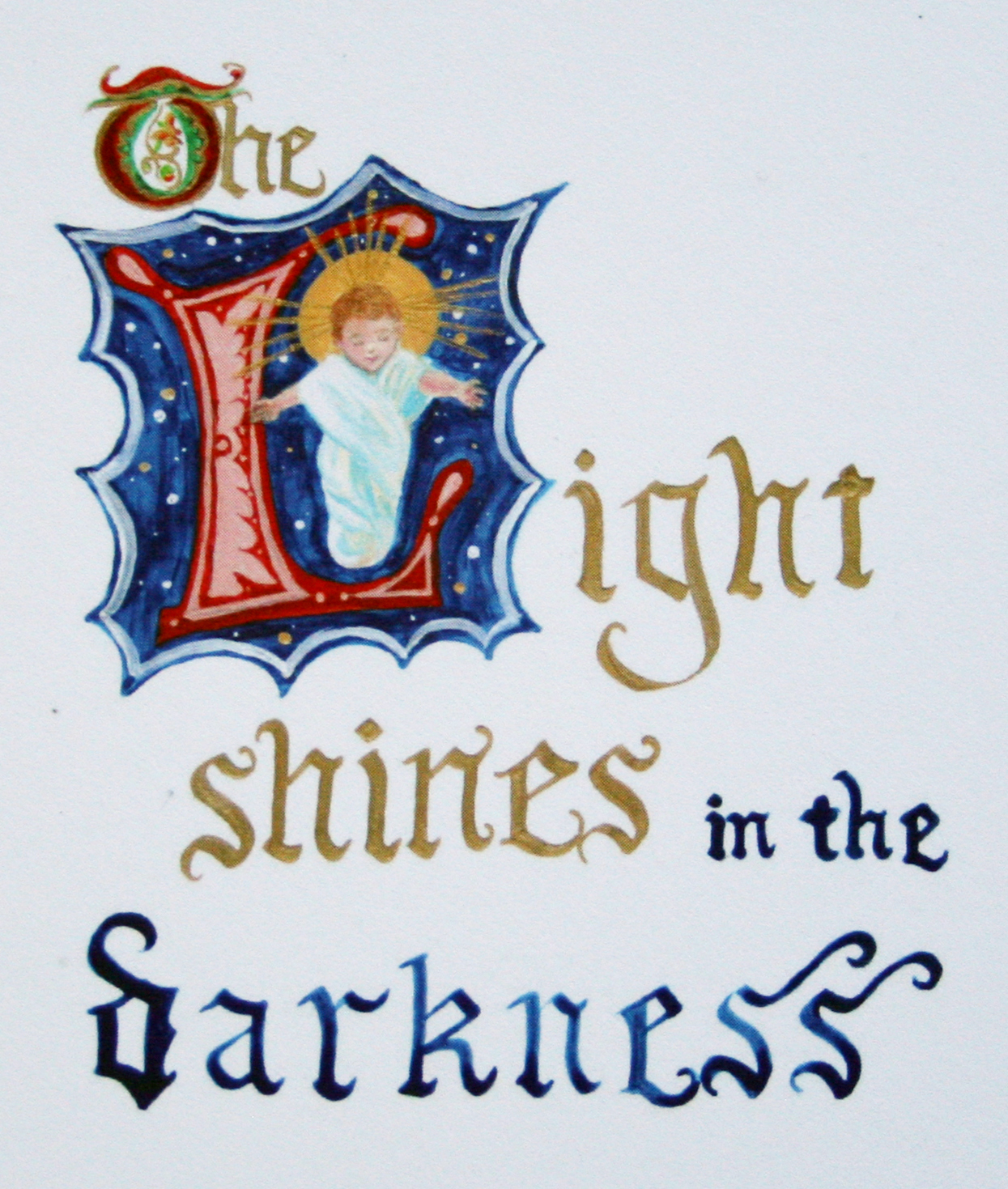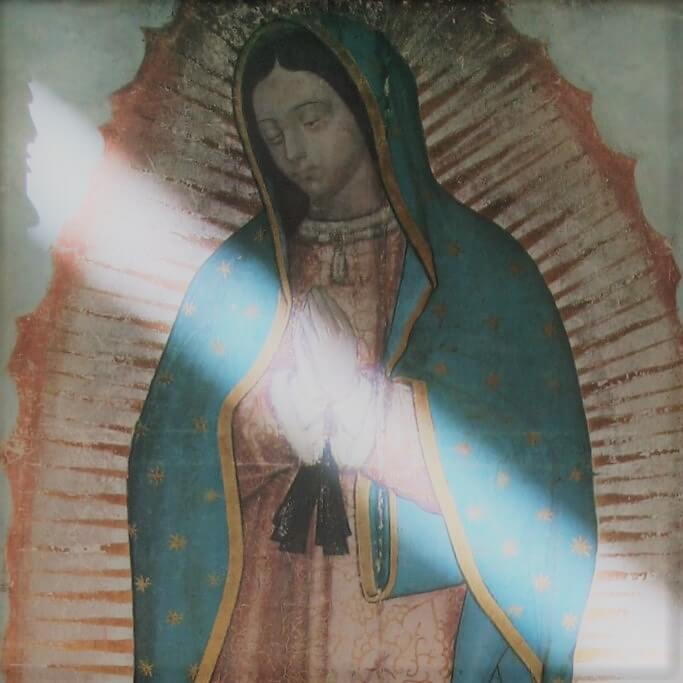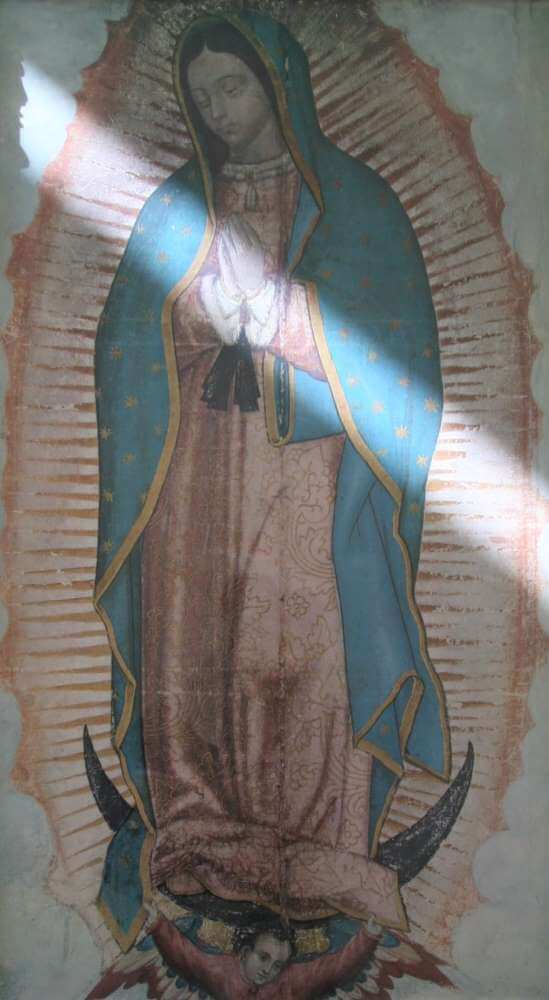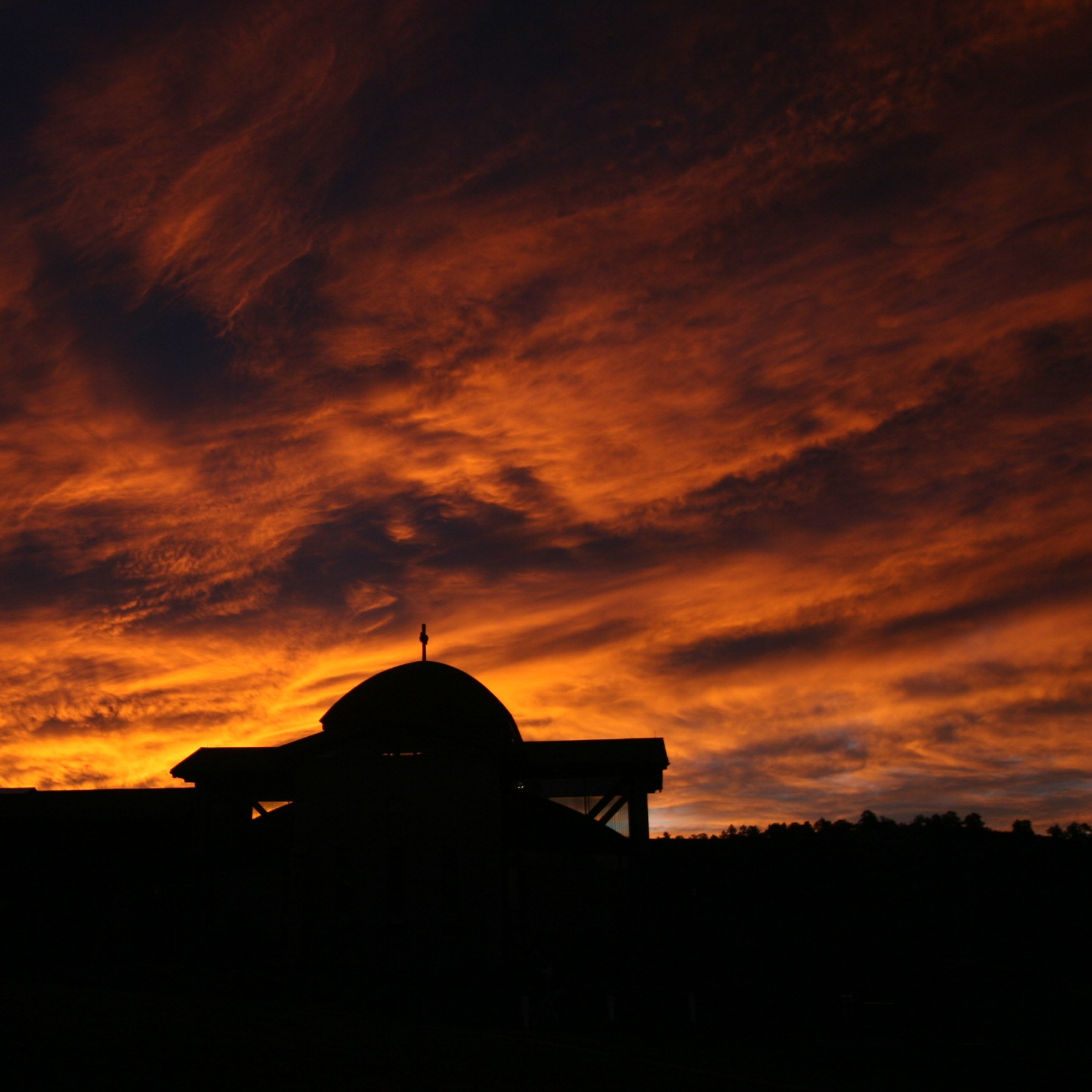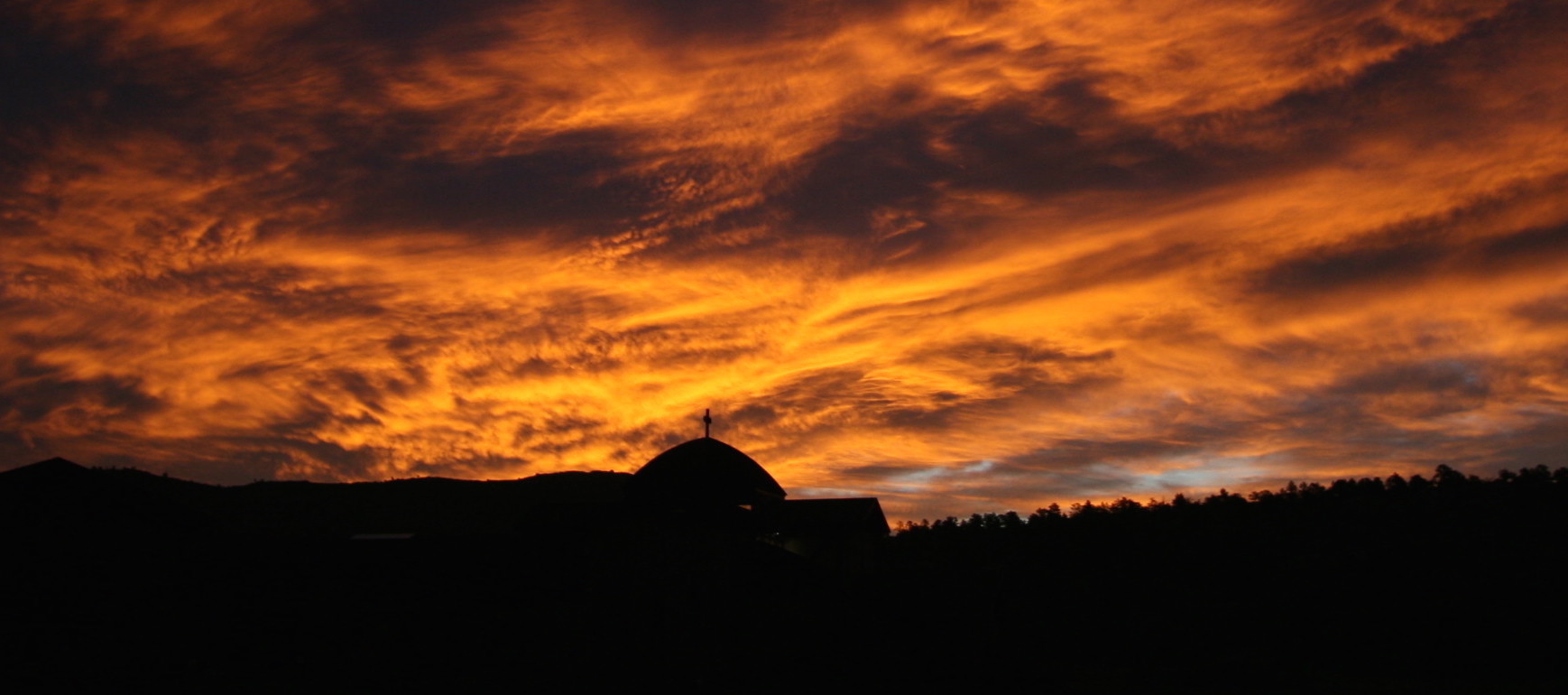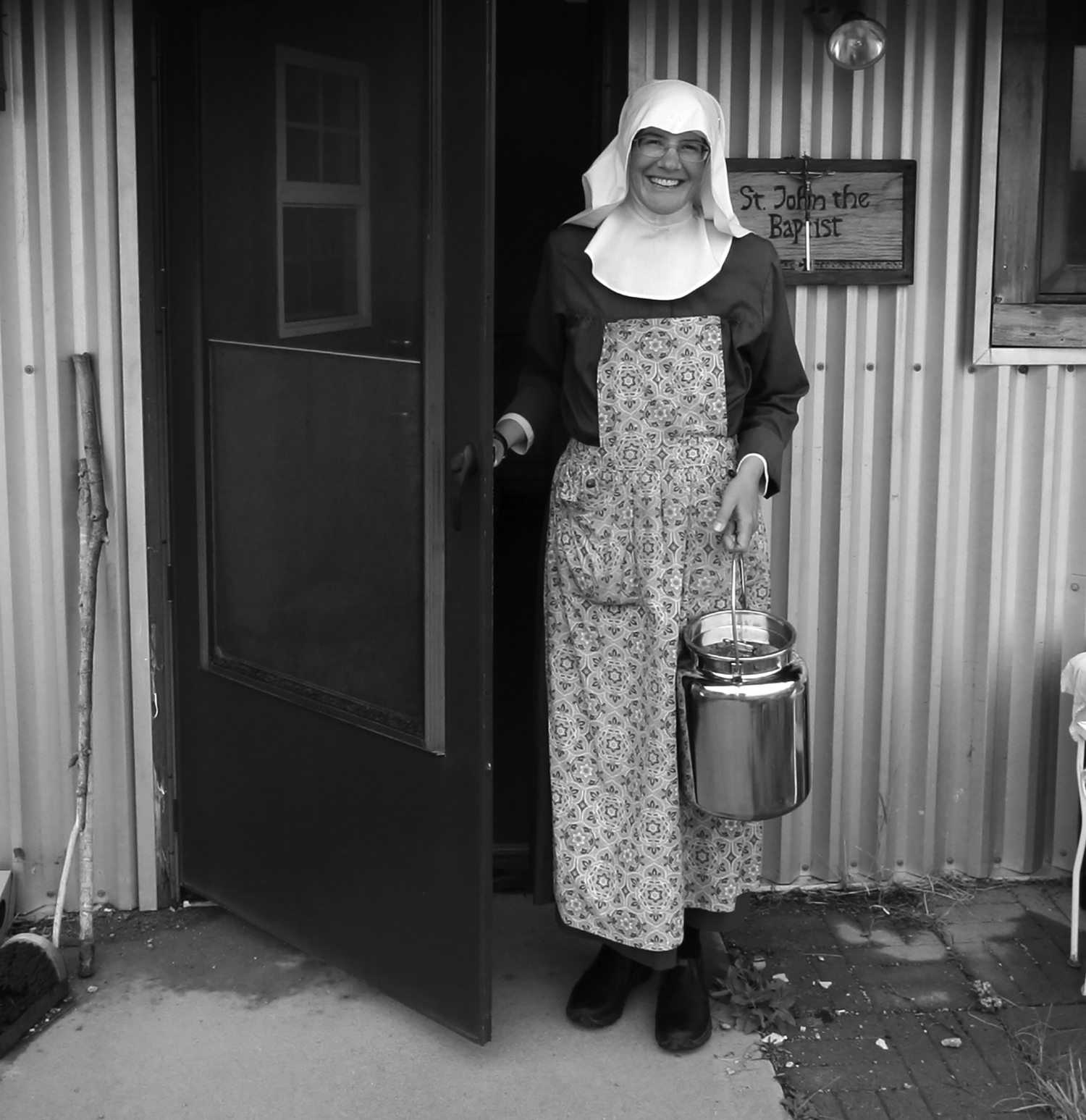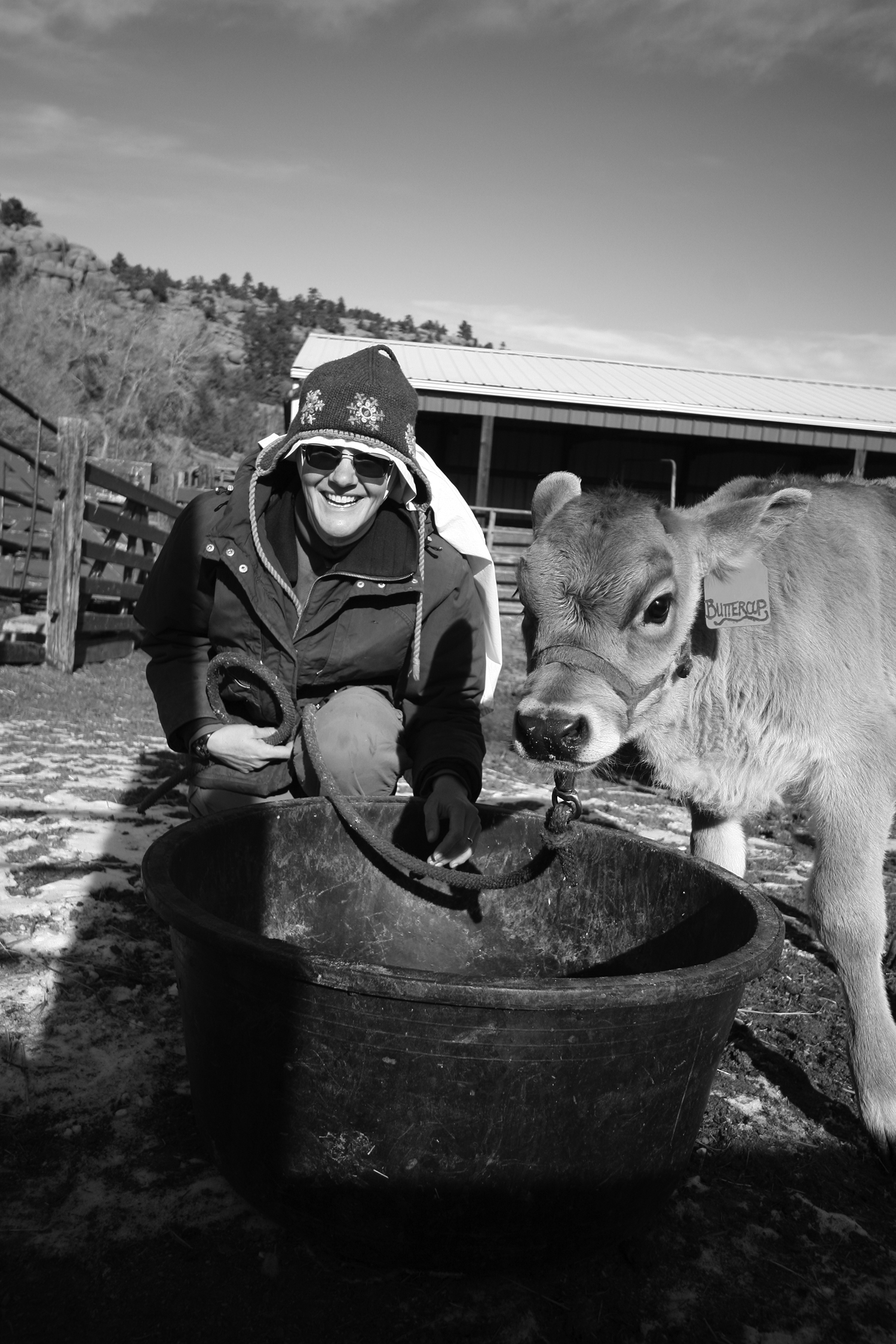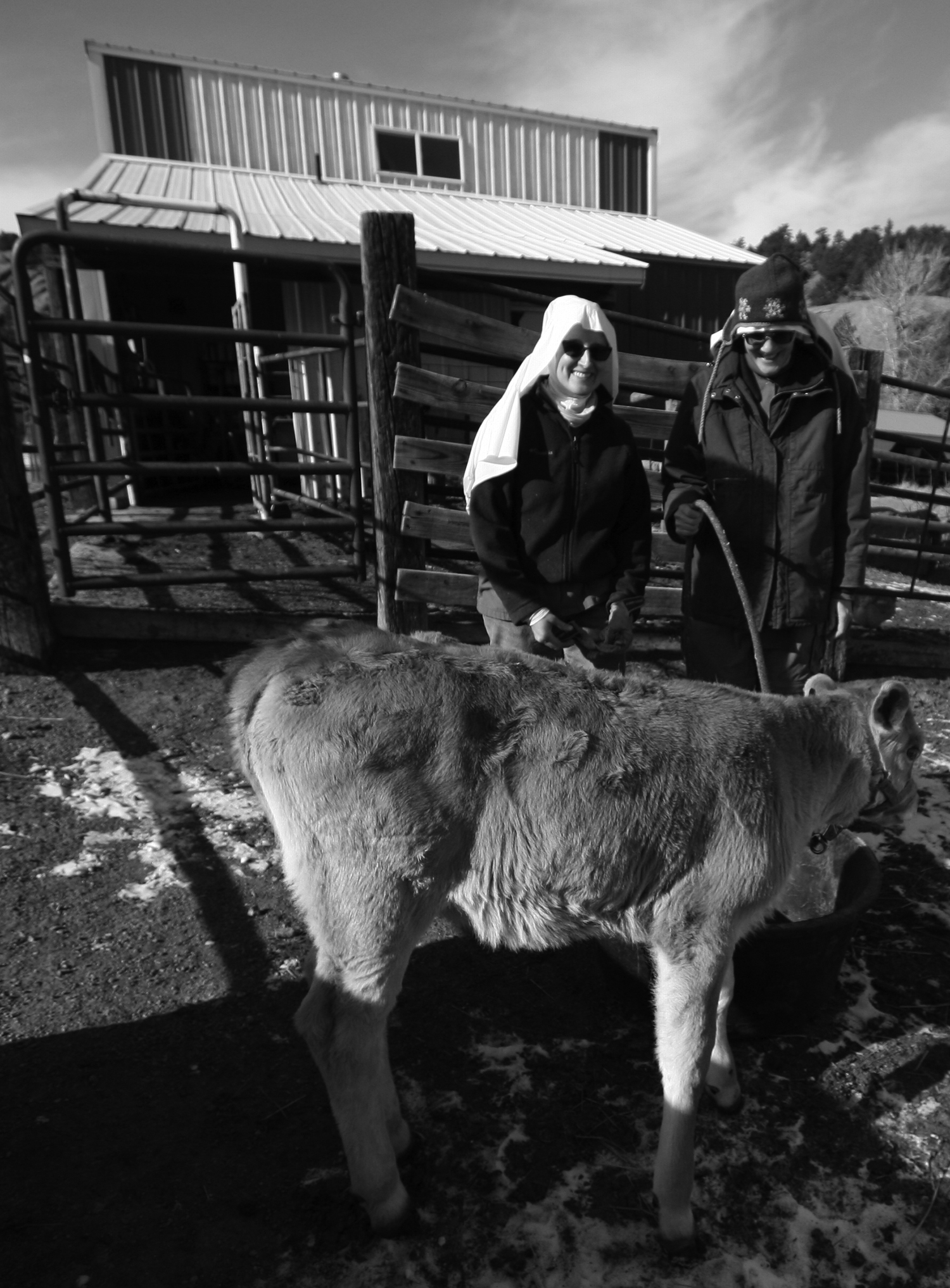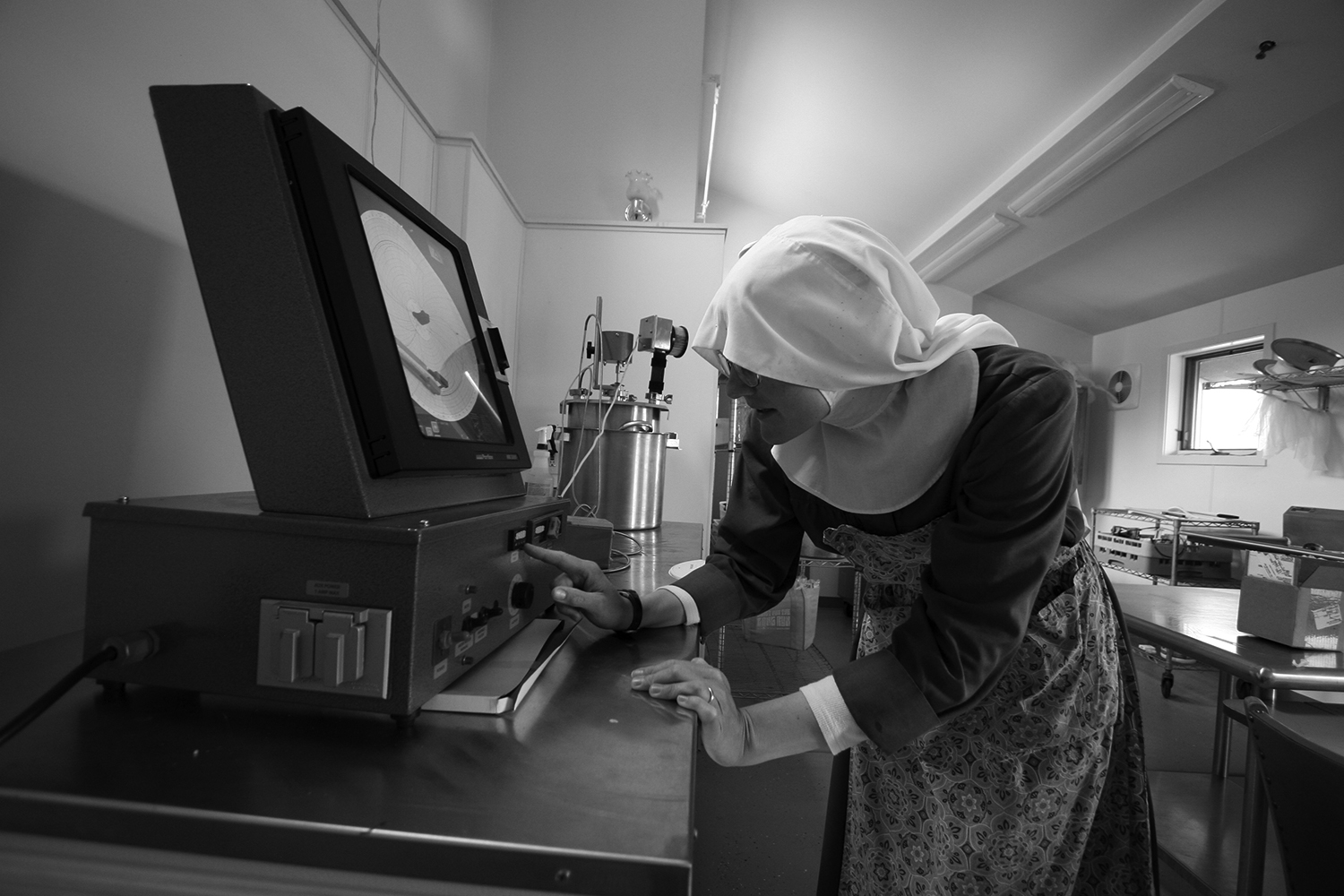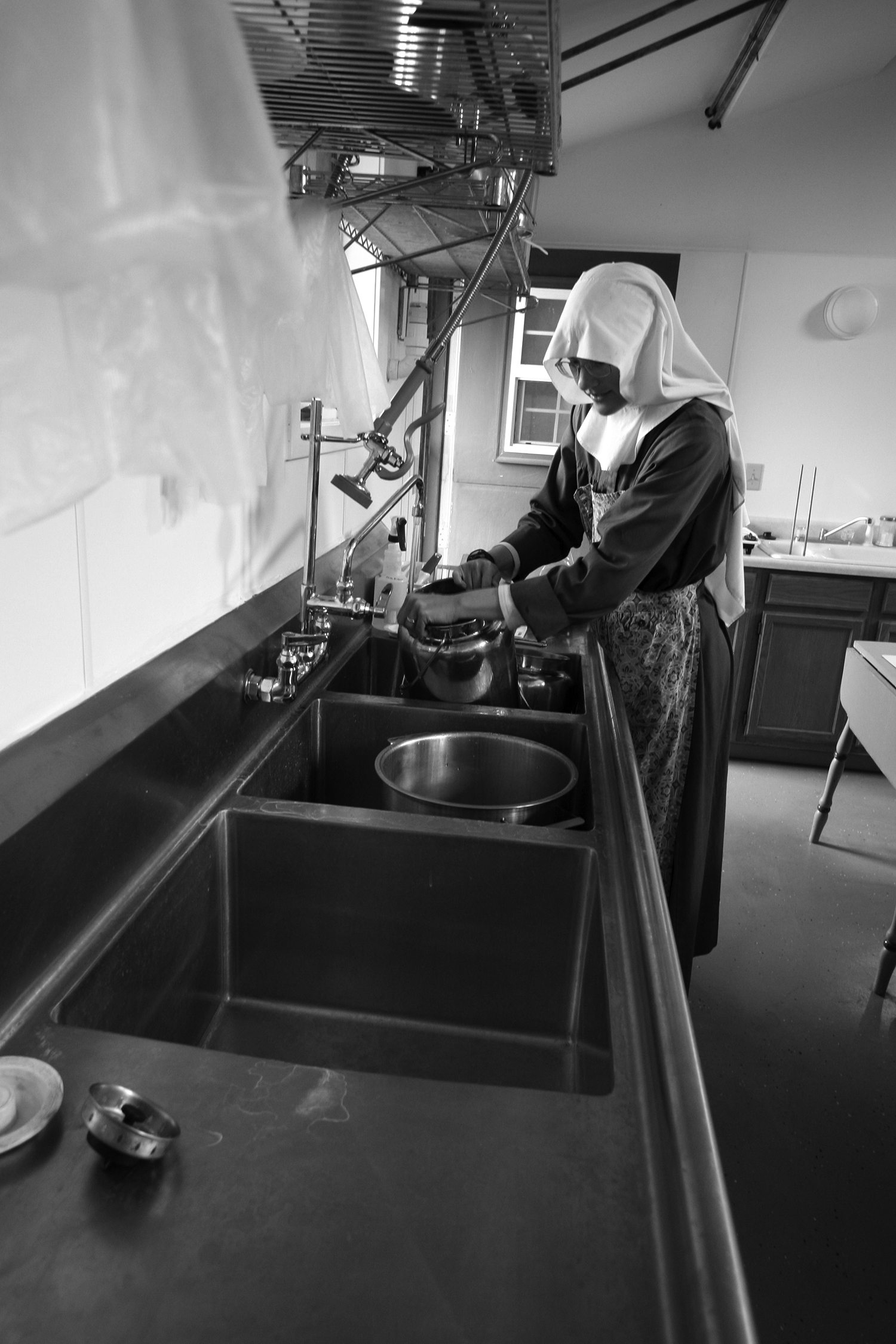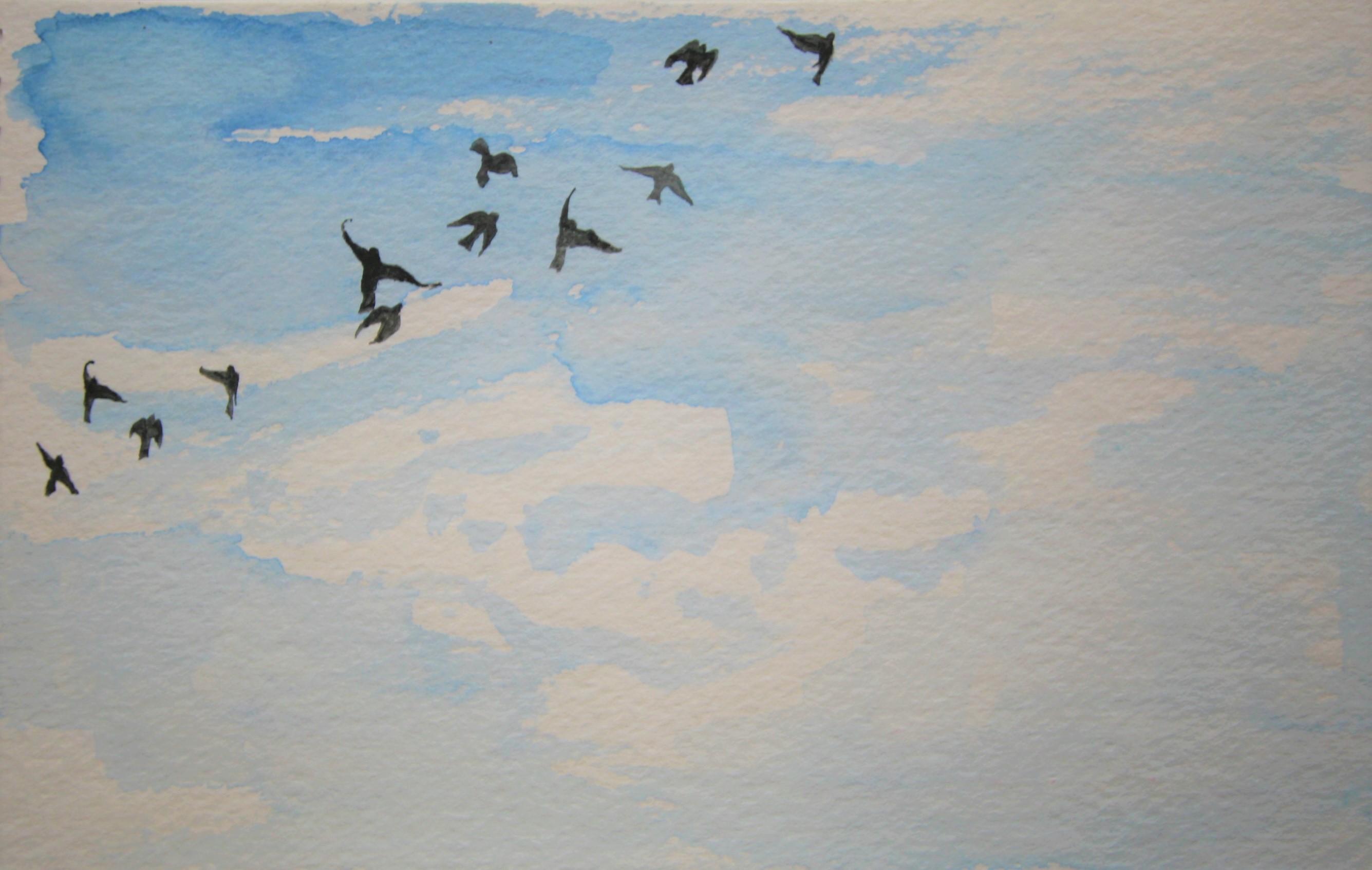A reflection by Mother Maria-Michael Newe, OSB
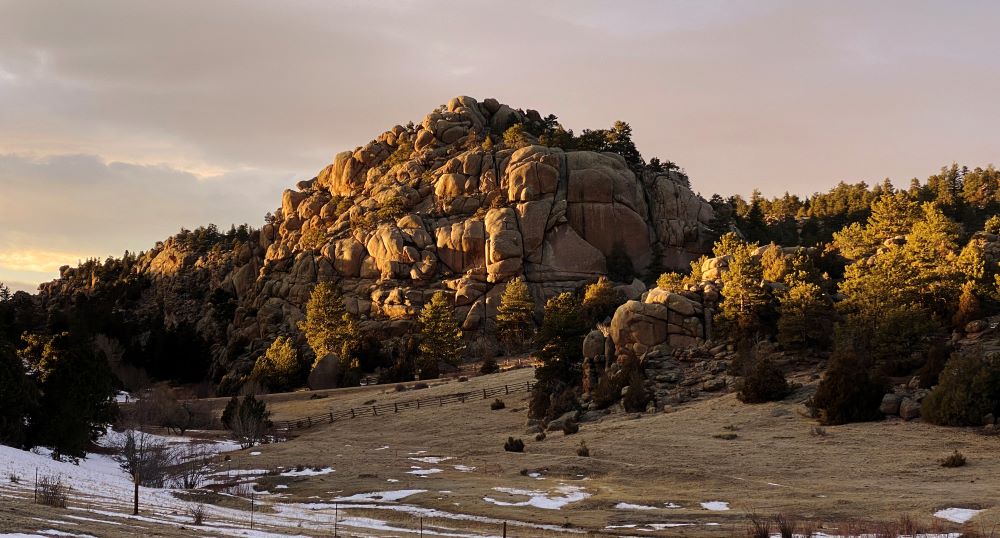
We read in Genesis 17:3 that when Abram (before he was renamed Abraham) prostrated himself before the Lord, God spoke to him. When he was in a position of humility, he was able to hear the Lord. Our position before God really matters. How we are before Him determines how we are able to hear Him. And it’s not just to hear all the bad things we’re doing. In the instance of Abraham, God is promising him generations: “I will maintain my covenant with you and your descendants after you throughout the ages as an everlasting pact” (Genesis 17:7). He didn’t even have kids yet, and he wasn’t young either! And yet God tells him that He will make him fruitful. God can do anything with us if we are humble. We need to listen to God to recognize our faults, but also to hear His blessings. God has wonderful things to say; He desires to build us up, not tear us down. He says, “There is so much in you…so much good…and you need to hear it.” It’s so important to be on your knees to hear the good things, because that will enable you to be fully who you are. It only takes a twinkling of the eye for all things to change. Be aware of how good it is to hear the whole of what God has to say.
You really can’t run away from the Spirit of God. If He wants to tell you something, He can use any instrument He wants to get through to you. You can try to ignore them all, but still another will show up. So it’s better to face the truth head on and just try to listen rather than keep running. Sometimes the word God has for us may be painful or ask more than we think we can give, but we have to be willing to trust Him that He will provide everything we need to do what is being asked of us. Listen, listen with the ears of your heart.



